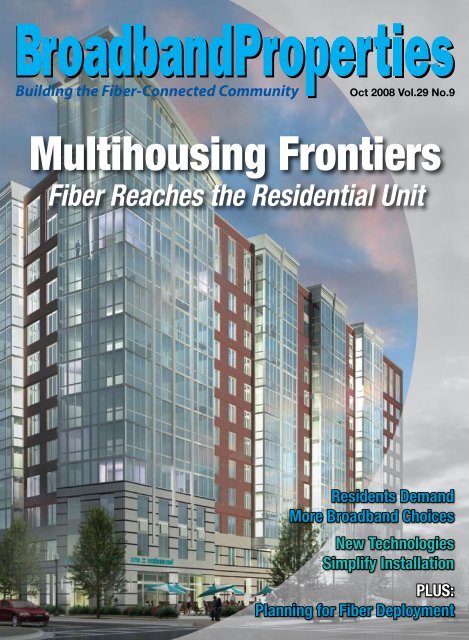Navigating the Complex Terrain of Compliance Standards for Network Security in Multi-Unit Residences to Ensure Occupant Safety and Data Safeguarding
Wiki Article
Within the current society, many individuals reside in multi-unit units, such as apartment complexes and condo communities. These locations frequently share common infrastructures for internet and other amenities. Although this arrangement can be beneficial, it also raises significant concerns about network safety and regulatory requirements. Guaranteeing the safety of tenants and safeguarding their data is crucial. This article will examine the intricate landscape of compliance guidelines for system security in multi-unit buildings, emphasizing how these guidelines assist keep tenants secure and secure.
A of the primary regulatory standards that pertain to system security is the EU Data Protection Act (GDPR). This law is intended to safeguard personal information and confidentiality for individuals within the European Community. Although it mainly pertains to companies operating in the EU, its tenets can affect practices in other areas as also. For multi-unit buildings, adhering to GDPR means implementing strong data safeguarding measures. This includes ensuring that tenants' personal information is gathered, stored, and processed safely. By following these guidelines, building managers can help build trust with tenants and ensure their data is safe from illicit access.

Another significant standard is the Health Coverage Portability and Responsibility Law (HIPAA), which protects confidential patient data in the healthcare industry. In multi-dwelling units, especially those that offer healthcare services or have residents with particular medical needs, adherence with HIPAA is crucial. This means that any health-related information gathered from tenants must be maintained confidential and protected. Property administrators must ensure that their network systems are configured to prevent information breaches and unauthorized intrusion. By taking these steps, they not only comply with legal obligations but also foster a secure living environment for all tenants.
In addition to GDPR and HIPAA, the Credit Card Card Industry Data Protection Standard (PCI DSS) is a further critical regulatory standard. This guideline is particularly important for multi-unit units that accept credit card payments for lease or services. PCI DSS outlines security measures that must be implemented to safeguard customer information. This includes encrypting sensitive data and regularly reviewing system security. By following PCI DSS guidelines, property administrators can minimize the threat of information breaches and protect tenants' financial data, which is crucial for secure network access for residents maintaining their trust and security.
Finally, it is crucial for multi-unit buildings to remain informed on regional and federal regulations regarding network security. Laws and guidelines can evolve, and remaining aware is essential for adherence. Building managers should regularly review their security protocols and procedures to make sure they comply with up-to-date requirements. This preventive approach not only assists in upholding compliance but also enhances the general security of the system. By prioritizing resident safety and data protection, multi-dwelling units can establish a safe living space that fosters confidence and reassurance among residents.
In conclusion, navigating the intricate landscape of compliance guidelines for system security in multi-dwelling units is crucial for guaranteeing tenant security and information safeguarding. By comprehending and applying guidelines like GDPR, HIPAA, and PCI DSS, building administrators can create a safe space for their tenants. Staying updated about regional laws and frequently assessing safety practices further enhances this commitment to security. In the end, a strong focus on compliance not only safeguards tenants but also fosters a feeling of community and trust within multi-dwelling units.